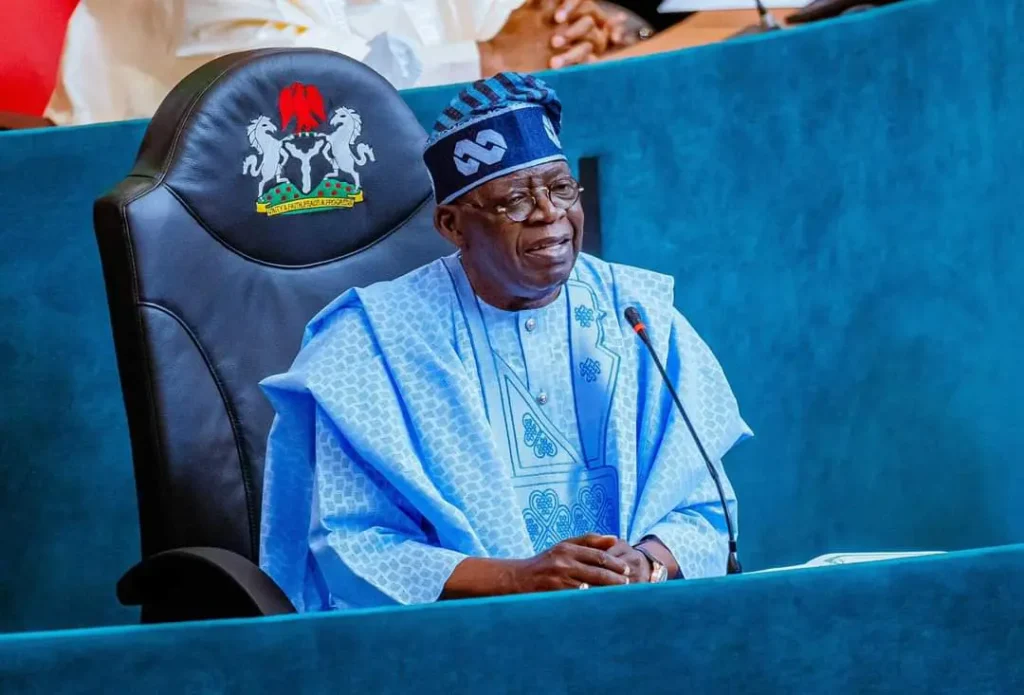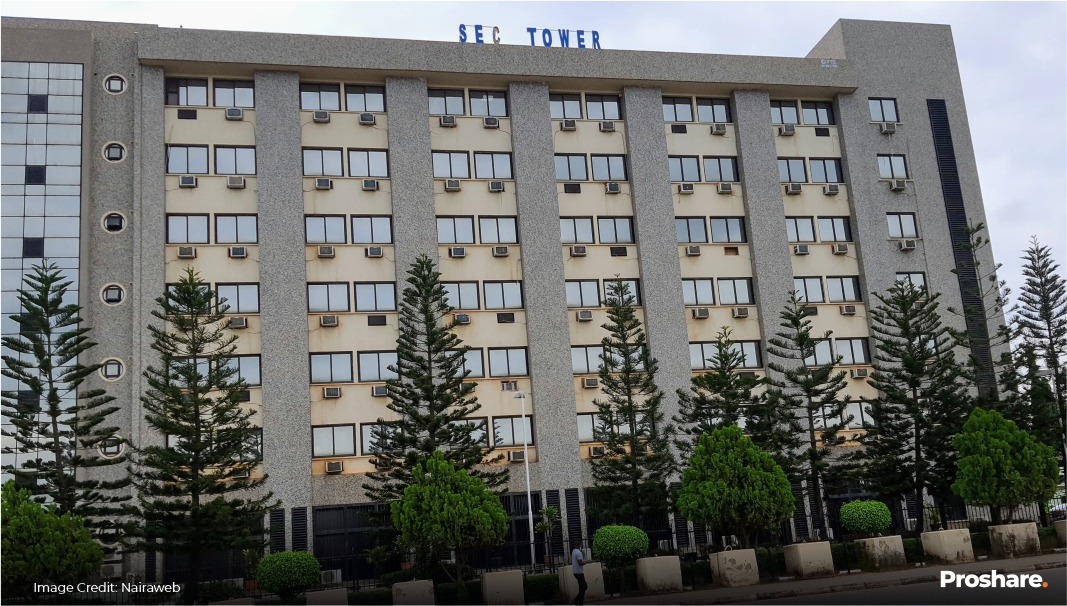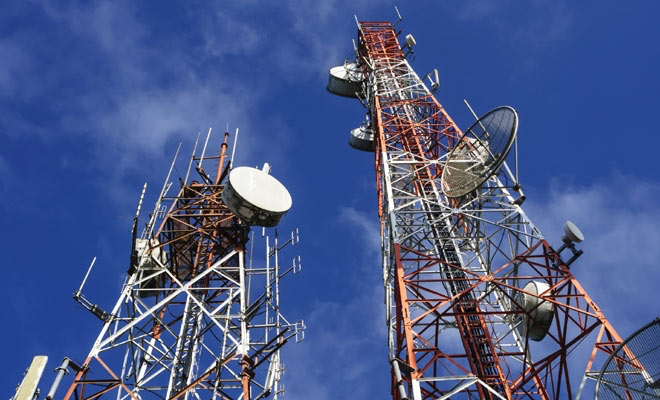
President Tinubu’s Presidential Pardon List Under Review as Controversial Names May Be Dropped
There are strong indications that some names on President Bola Tinubu’s presidential pardon list may be dropped, following widespread criticism over the inclusion of several high-profile and violent offenders.
The pardon list, approved by the Council of State and presented by Attorney-General of the Federation (AGF), Lateef Fagbemi (SAN), has drawn backlash from Nigerians and security agencies alike, prompting a fresh review of the clemency process.
Council of State Approval Sparks Controversy
The presidential pardon, traditionally granted to mark national events and help decongest prisons, was based on the recommendations of the Presidential Advisory Committee on the Prerogative of Mercy, chaired by Fagbemi.
According to the Presidency, the list was divided into six categories — including those granted full or posthumous pardon, clemency beneficiaries, inmates with reduced sentences, and death row inmates whose sentences were commuted to life imprisonment.
However, public outrage erupted after it was revealed that some violent and politically sensitive convicts were among the 175 beneficiaries.
Fagbemi Confirms Ongoing Review, Says No One Released Yet
On Thursday, the AGF clarified that the presidential mercy list is still under administrative review and no inmate has been released.
“The process remains at the final administrative stage,” Fagbemi said in a statement. “It includes a standard review to ensure that all names and recommendations comply with legal and procedural requirements before any release instrument is issued.”
He explained that after the Council of State’s approval, the Presidency must still issue a formal instrument of pardon, which allows for a final verification stage to remove any questionable names.
“This verification process is part of our commitment to transparency, due diligence, and the rule of law,” he added.
Fagbemi thanked Nigerians for their vigilance and public feedback, describing it as “a reflection of citizens’ faith in justice and good governance.”
Security Agencies Object to Some Names
Multiple security sources confirmed that the Economic and Financial Crimes Commission (EFCC), Independent Corrupt Practices and Other Related Offences Commission (ICPC), and the National Drug Law Enforcement Agency (NDLEA) have raised strong objections to some names on the list.
According to a presidential aide, who spoke anonymously, several unapproved names were allegedly “smuggled in” by lower-level officials during the committee’s review process.
“The EFCC, NDLEA, and other security agencies have insisted that the list must be pruned down. Not all the names came from the committee that reviewed the cases,” the aide said.
He added that the agencies warned that freeing certain convicts could undermine the anti-corruption fight and compromise national security.
High-Profile Names Stir Public Anger
Among those named in the controversial list were Maryam Sanda, convicted in 2017 for the murder of her husband, Bilyaminu Bello, and Kelvin Prosper Oniarah, a notorious kidnap kingpin linked to violent crimes across several states.
Other notable inclusions were Maj. Gen. Mamman Vatsa (posthumously), Ken Saro-Wiwa, the Ogoni Eight, Prof. Magaji Garba, and several drug and white-collar crime convicts.
While some of the posthumous pardons, such as those for Herbert Macaulay and Farouk Lawan, drew minimal criticism, the inclusion of individuals convicted for murder, kidnapping, and drug offences triggered widespread outrage.
Sources revealed that security agencies have now begun a re-vetting process to ensure that only deserving beneficiaries remain on the final list.
“Some names did not pass security clearance. The President is aware and wants the list cleaned up before any release,” a senior government source told The PUNCH.
Final List to Reflect Only Genuine Beneficiaries
Officials confirmed that the final version of the pardon list will exclude those whose release could pose security threats or erode public confidence in the justice system.
“Only those who genuinely deserve the President’s mercy will remain,” a top source said. “The rest will be expunged after due security and legal review.”
The government’s careful stance aims to balance mercy with justice, ensuring that the clemency initiative promotes rehabilitation, not impunity.
Public Demands Transparency in Clemency Process
The controversy has reignited calls for greater transparency and accountability in Nigeria’s Presidential Prerogative of Mercy process.
Critics argue that while clemency serves as a humanitarian gesture, it should not be extended to violent offenders or those convicted of serious corruption cases.
Civil society groups have urged the Tinubu administration to publish detailed criteria for future pardons and ensure that all beneficiaries undergo independent security and judicial vetting.
Key Takeaways
- The Council of State-approved presidential pardon list is under fresh review after public criticism.
- Security agencies (EFCC, NDLEA, ICPC) flagged questionable names allegedly “smuggled” into the list.
- Attorney-General Lateef Fagbemi says no inmate has been released yet.
- Controversial names, including murder and kidnapping convicts, likely to be dropped.
- Final list will focus on deserving beneficiaries after security and legal clearance.
About Author
Discover more from BillionBill
Subscribe to get the latest posts sent to your email.


